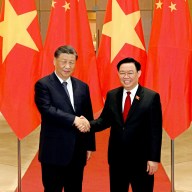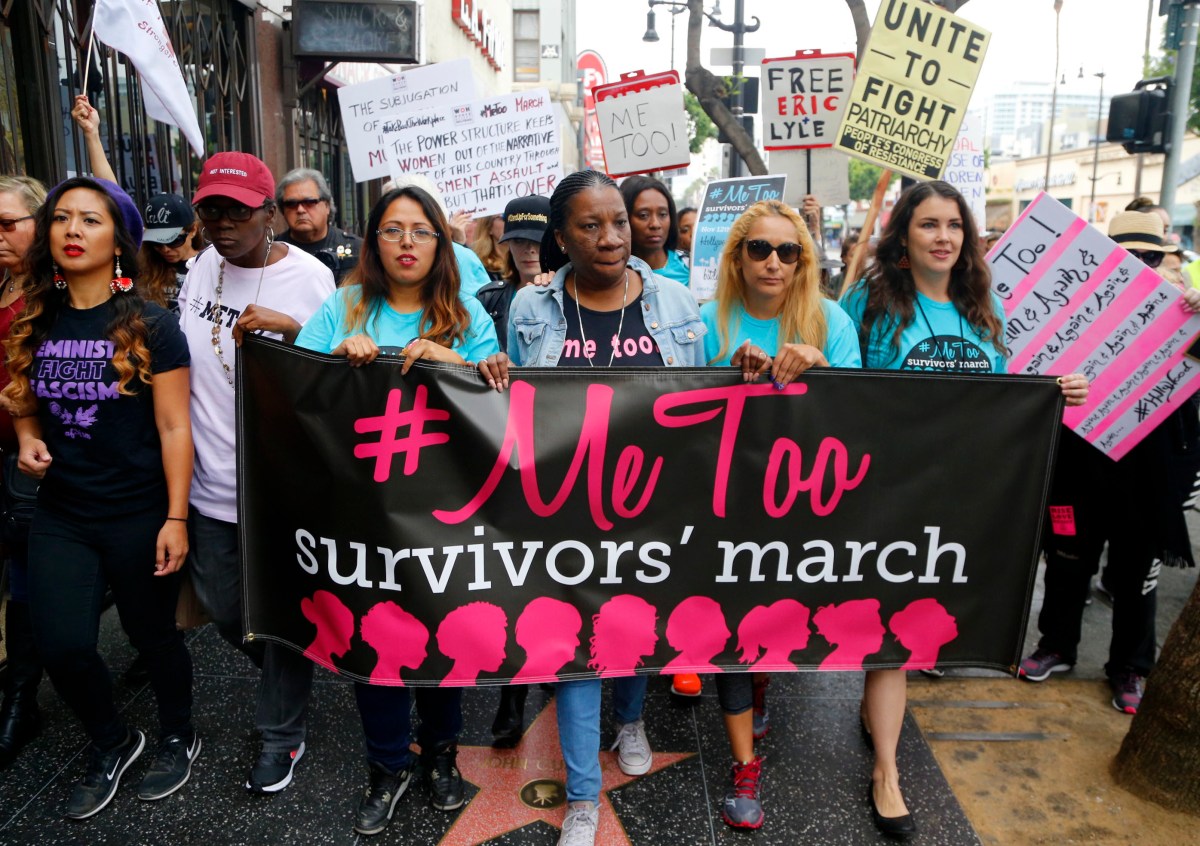By Suzannah Gonzales
CHICAGO (Reuters) – White Chicago police officer Jason Van Dyke was found guilty of second-degree murder on Friday for the 2014 shooting of black teen Laquan McDonald, a case that laid bare tensions between the black community and the police department in the third-largest U.S. city.
Van Dyke, 40, was accused of murder, official misconduct and 16 counts of aggravated battery, one count for each of the shots fired. McDonald, 17, was armed with a knife.
The former officer sat emotionless as the verdict was read. Cook County Circuit Court Judge Vincent Gaughan immediately revoked bail and Van Dyke was escorted out of the courtroom.
He faces up to 20 years in prison for the second-degree murder conviction and up to 480 years for the 16 counts of aggravated battery.
Van Dyke is the first Chicago police officer to face a murder charge for an on-duty incident in decades. His conviction could quell any possible unrest of the kind that has occurred in other cities in recent years when white officers have been cleared of charges in the shooting deaths of black men.
“This is historic for Chicago and police misconduct cases around the country. The jury did what they could with the evidence,” said Reverend Janette Wilson of Rainbow PUSH Coalition, a Chicago-based civil rights organization.
The killings of mostly unarmed black men at hands of police, some of which were captured on video, helped give rise to the Black Lives Matter movement and became an issue in the 2016 U.S. presidential campaign.
The conviction on the lesser charge of second-degree murder suggests the jury credited Van Dyke’s claim that he believed there was a threat but found his belief was unreasonable.
The 12-person jury, which included one black member, began deliberations on Thursday afternoon.
A dashboard camera video, released more than a year after the Oct. 20, 2014, shooting, showed police gunning down McDonald who fell to the ground.
The video sparked days of protests in Chicago, led to the dismissal of the city’s police superintendent and calls for Chicago Mayor Rahm Emanuel to resign.
During the three-week trial, prosecutors repeatedly showed the dashboard camera video, arguing that it clearly showed McDonald was not moving toward Van Dyke at the time the officer began shooting.
Van Dyke testified in his own defense, saying he feared for his safety and fired because McDonald was advancing on him. Both the officer and his lawyers argued that the video, which was taken from the side, did not reflect the incident from his perspective.
Defense lawyers also portrayed McDonald as a dangerous armed criminal under the influence of a drug.
City officials resisted releasing the video publicly but eventually did so in response to a Freedom of Information Act lawsuit filed by a journalists.
(Reporting by Suzannah Gonzales in Chicago; Additional reporting by Robert Chiarito in Chicago; Writing by Joseph Ax and Daniel Trotta; Editing by Matthew Lewis)


















